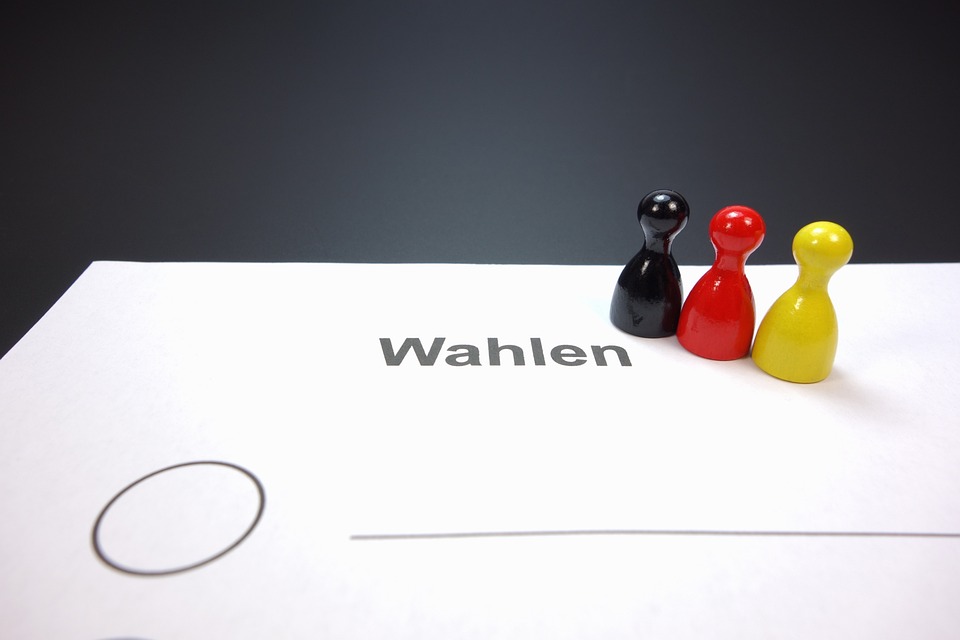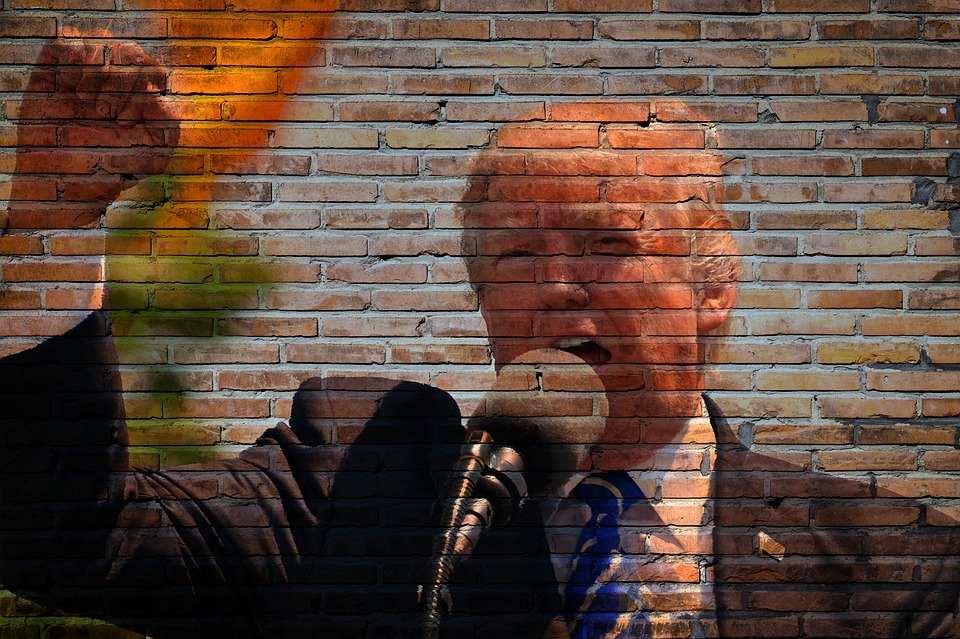Hundreds of people killed, thousands missing and thousands of homes destroyed. As of Aug. 17, local time, the wildfires on the island of Maui, Hawaii, were still not fully under control.
“Everything around us has been destroyed, it looks like a war zone.” “Our hometown has gone from paradise to hell.” “We didn’t receive any fire warnings or evacuation guidelines.” “Many people could have survived if not for the poor rescue efforts.” One after another, Americans have been expressing their angry recriminations in front of media cameras and on social media platforms.
This was the deadliest wildfire in the United States in more than a century. How exactly did it come about? There were natural factors, including strong winds, dry weather and combustible vegetation. However, as more details emerge, it has become clear that, like many previous incidents in the U.S., the Maui wildfire is not just a natural disaster, it’s more a man-made one.
As a global superpower, the United States is short of neither funds nor technology, yet it has been widely criticized for its capacity to respond to disasters. From the Florida building collapse in 2021 and the Ohio train derailment in 2023 to the ongoing Maui wildfire tragedy, time and time again the American people have experienced the “desperation of an American-style rescue.”
According to reports from U.S. media, Hawaii has a robust public safety warning system, with about 400 sirens in place, including 80 on Maui. However, as fire engulfed the island, these sirens did not go off. On Aug. 15, a Maui resident posted a video on social media, showing power lines being blown down by the wind and igniting dry grass, with fire spreading rapidly. People have criticized the government’s failure to promptly cut the power, as it fueled the fires. In addition, a local restaurant owner Kaili Scheer posted on social media that, although Maui is only 100 miles away from local military, the U.S. Navy, hospital ships, helicopters, the military and natural disaster relief equipment only arrived in the area 72 hours after the fire broke out. The Washington Post pointed out that effective disaster relief efforts were not organized by the U.S. government, but by local residents.
With the failure of a sophisticated warning system, the late arrival of rescue teams and the inaction of the massive U.S. military, America’s poor disaster response capabilities reflect the indifference of its politicians to the suffering of the people.
Wildfires are not uncommon on Hawaii. In 2022, Hawaii released a report listing natural disasters with the potential to cause serious harm, including tsunamis, earthquakes, volcanic eruptions and wildfires. Yet the risk posed by wildfires was considered to be “low.” This was criticized by the media as a lack of disaster preparedness. The performance of the U.S. government in the aftermath of the Maui wildfire is even more astonishing.
It may be a coincidence but when the U.S. military was in disarray during the withdrawal from Kabul in 2021, President Joe Biden was on vacation; when Maui was engulfed in flames in 2023, Biden was also on vacation. When a reporter asked about the casualties on Maui, he smiled and replied “no comment,” triggering widespread public criticism. Many people wondered online how the U.S. president could still smile in the face of so many casualties. On Aug. 15, Agence France-Press observed that the deadliest wildfire in the United States in over a century had fueled public anger at government inaction.
Why are U.S. politicians relaxing on vacation without showing any concern for the disaster on Maui? Such indifference is rooted in America’s competitive party politics, whose hard currency is votes. Hawaii is a U.S. overseas territory, and most residents of Maui are indigenous people. U.S. politicians have historically ignored the interests and demands of this group and have no motivation to care about them. Some U.S. media outlets have pointed out that Biden may believe that he will secure Hawaii’s votes in the next election no matter what, as Hawaii is a Democratic Party stronghold. This kind of election game where everything revolves around votes further amplifies the selfishness of U.S. politicians, ultimately turning natural disasters into man-made tragedies and causing heavy casualties.
Preliminary estimates indicate that the Maui wildfires have displaced hundreds of local families and caused an estimated $6 billion in damage to housing alone. As of Aug. 15, the Federal Emergency Management Agency had approved about $2.3 million in disaster relief. Yet on the previous day, the Biden administration had announced an additional $200 million in military aid to Ukraine. Such a stark contrast has led many Americans to mockingly ask online, “What if Maui renamed itself Ukraine? Would the disaster victims receive more aid?” “Why is Ukraine more important than Maui? Because the former scores some points in U.S. elections while the latter doesn’t.”
The Maui wildfires continued to spread. They not only burned down the homes of many Americans but also “burned out” the inaction of politicians and the shortcomings of the U.S. system. Faced with the distressed cries of those affected and strong criticism from the outside world, will U.S. politicians returning from their vacations wake up, stop lighting fires internationally, and save people from their misery by concentrating on putting out fires at home?





















































